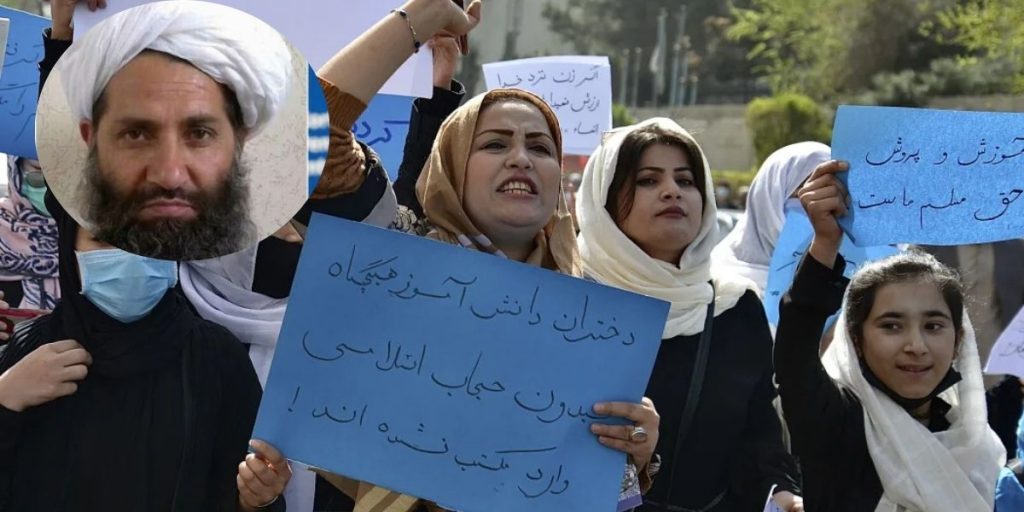ICC Prosecutor Seeks Arrest Warrants Against Taliban Leaders for Crimes Against Humanity
The International Criminal Court (ICC) prosecutor, Karim Khan, announced plans to seek arrest warrants for senior Taliban leaders in Afghanistan, accusing them of crimes against humanity related to the persecution of women and girls.
Khan stated there were reasonable grounds to hold Supreme Leader Haibatullah Akhundzada and Chief Justice Abdul Hakim Haqqani criminally responsible for the systematic oppression of Afghan women and girls, as well as individuals deemed non-conforming to the Taliban’s ideological gender expectations.
Allegations of Persecution
In his statement, Khan alleged that the Taliban leadership has overseen and enforced acts of persecution, including murder, imprisonment, torture, rape, enforced disappearance, and other inhumane acts. He noted that these crimes have been committed nationwide since the Taliban regained power on August 15, 2021.
The ICC specializes in prosecuting cases of genocide, war crimes, and crimes against humanity, stepping in when national authorities fail to hold perpetrators accountable. ICC judges will now review the evidence to decide whether to issue arrest warrants for Akhundzada and Haqqani.
Taliban’s Oppressive Rule
Since retaking control of Afghanistan in 2021, the Taliban has imposed severe restrictions on women’s rights under “morality laws.” Afghanistan is the only country globally where girls and women are banned from secondary and higher education, affecting 1.5 million individuals.
Women have also been barred from public spaces like parks and gyms, forbidden from traveling without a male chaperone, and prohibited from training in professions such as nursing and midwifery. Strict dress codes and bans on beauty salons further highlight the Taliban’s crackdown on women’s autonomy.
Background of the Accused
Haibatullah Akhundzada has led the Taliban since 2016 and currently heads the so-called Islamic Emirate of Afghanistan. His involvement in Islamist militancy dates back to the Soviet-Afghan war in the 1980s.
Abdul Hakim Haqqani, a close associate of Taliban founder Mullah Omar, played a key role in negotiating with U.S. officials during peace talks in 2020.
Global Response
The Taliban has yet to respond to the ICC’s announcement. Their government remains unrecognized by any foreign power since their return to power in 2021.
The ICC’s move underscores mounting international condemnation of the Taliban’s treatment of women and girls. As the court deliberates on issuing arrest warrants, the global community watches closely for potential repercussions on Afghanistan’s already fragile state.
Reference News :- ICC prosecutor seeks arrest of Taliban leaders for ‘persecuting Afghan girls and women’





More Stories
Arrest Warrants Sought for Taliban Leaders in Landmark ICC Action
Arrest Warrants Sought for Taliban Leaders in Landmark ICC Action
Arrest Warrants Sought for Taliban Leaders in Landmark ICC Action